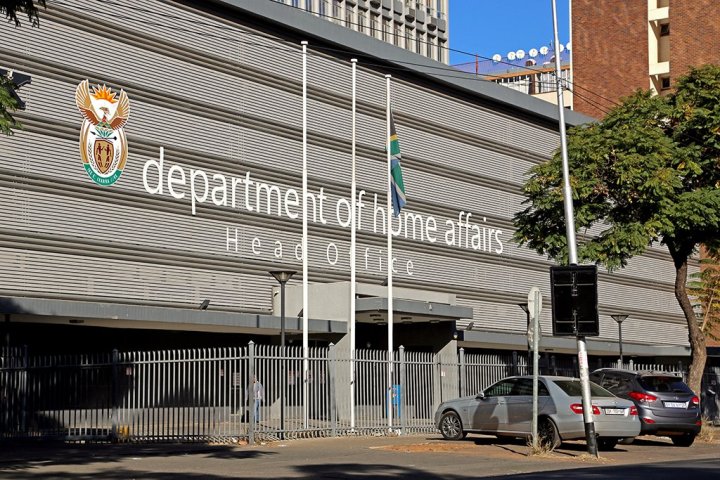Home Affairs Minister Dr Leon Schreiber has laid out an ambitious digital transformation strategy for the Department of Home Affairs, describing it as a game-changing vision with the potential to revolutionize governance in South Africa.
Speaking before the National Council of Provinces (NCOP) on Wednesday, Schreiber emphasized the pivotal role of Home Affairs in both public and private sector services and its centrality to the nation’s future.
Home Affairs as the Backbone of Governance
Schreiber underscored the department’s role as the custodian of the National Population Register (NPR), which manages the civic status of all citizens and residents through biometric data. This system underpins critical documents like IDs, passports, and certificates, enabling access to essential services such as:
Government Services: Social grants, student funding, healthcare, education, and housing subsidies.
Private Sector Services: Banking, credit, insurance, and other financial services.
“The digital infrastructure of Home Affairs is the heartbeat of the South African State. When it decays, every sector – public and private – feels the effects,” Schreiber stated.
Key Pillars of the Digital Transformation Vision
Schreiber outlined several objectives of the digital strategy:
Automation and Elimination of Paperwork: Moving away from paper-based systems to secure, efficient digital platforms.
Biometric Security: Strengthening border control and eliminating identity theft through biometric verification for IDs, passports, and immigration processing.
Enhanced Public Access: Creating a unified government portal to access critical services such as driver’s licenses, social grants, and tax filings.
Fraud Prevention: Developing systems to eliminate fraudulent activities, such as the theft of social grants through fake IDs, saving billions in public funds.
Integration Across Sectors: Seamlessly connecting government databases with private sector systems for enhanced service delivery.
“By automating and securing access to identification and immigration systems, we can modernize every government service while erasing the value of fraudulent documents,” Schreiber said.
Vision for a Unified Digital Ecosystem
The Minister painted a picture of a future where citizens and legal residents can securely access government and private sector services through a single portal. This unified approach would include IDs, passports, driver’s licenses, social grants, tax services, and more.
Schreiber also highlighted plans for enhanced border security, including capturing biometric data of all individuals entering the country. “This approach eliminates human discretion and enforces accountability for immigration violations,” he added.
Economic and Security Benefits
Schreiber emphasized the financial and security benefits of the digital transformation:
- Preventing identity theft and fraudulent activities would save the government billions of rands annually.
- Strengthened systems would ensure that social grants reach the most vulnerable citizens.
- Enhanced border control measures would improve national security and promote legal immigration.
Call to Action and Oversight
The Minister urged collaboration between government entities, private sector partners, and citizens to support this transformative initiative. He also assured oversight mechanisms to ensure the efficient implementation of the strategy.
“This digital transformation vision is not just about modernizing services. It’s about creating a safer, more secure, and more efficient South Africa for all,” Schreiber concluded.
The Department of Home Affairs is set to roll out pilot projects in the coming months, with a phased implementation of its digital infrastructure upgrades expected to begin in 2025.











